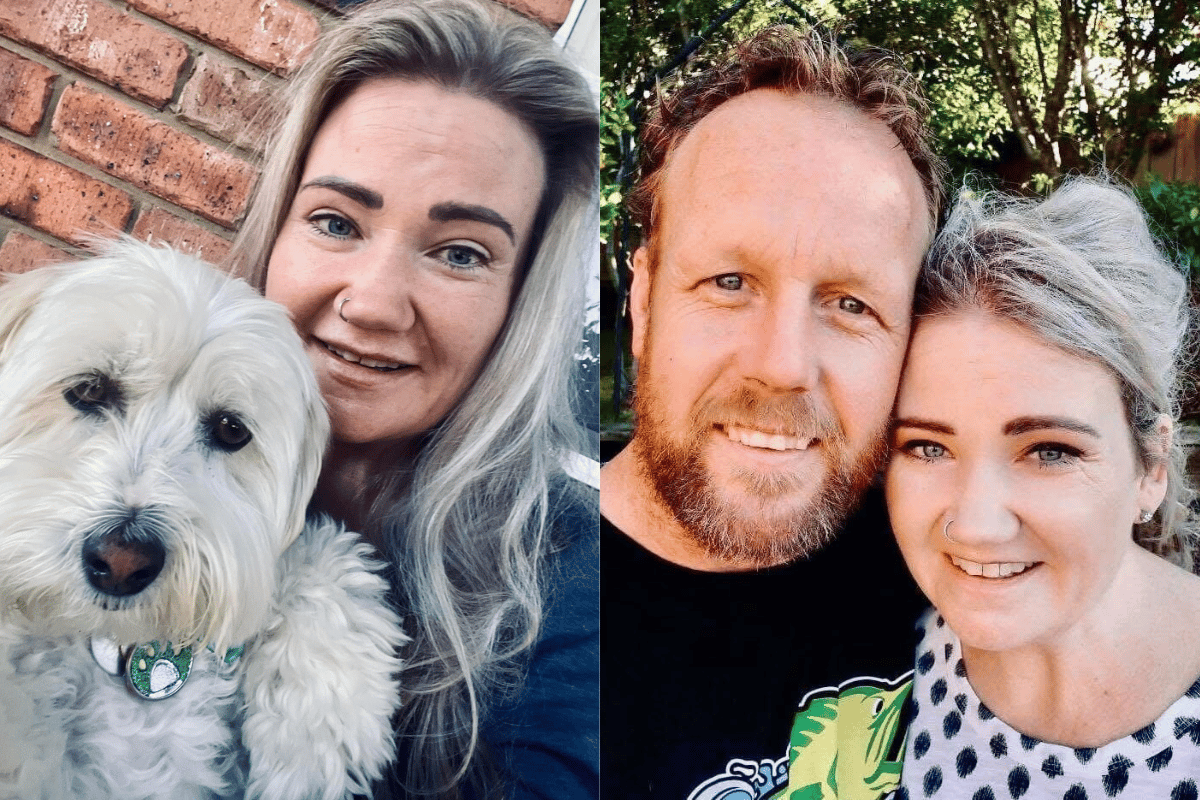
The doctor had been uncomfortable from the beginning, unable to reach Nic's eyes when he gave her the news.
"According to your blood work, you've got a two-year prognosis," he told Nic, whose mum was seated beside her in the specialist's office.
"So just, uh, get your affairs in order, and we'll manage any pain until then," he finished.
With that grim news, the doctor exited the room, leaving Nic and her mum in stunned silence.
Slowly, the mother and daughter turned to look at each other.
Watch: Anthony Albanese on his promises for women's health. Post continues after video.
Then the duo did something that, for those unacquainted, would have seemed bizarre. They burst out laughing, amused by the doctor's awkward delivery of such serious news.
"What else can you do in that situation?" Nic asked Mamamia.
And Nic was certainly no stranger to situations like these.




























































































